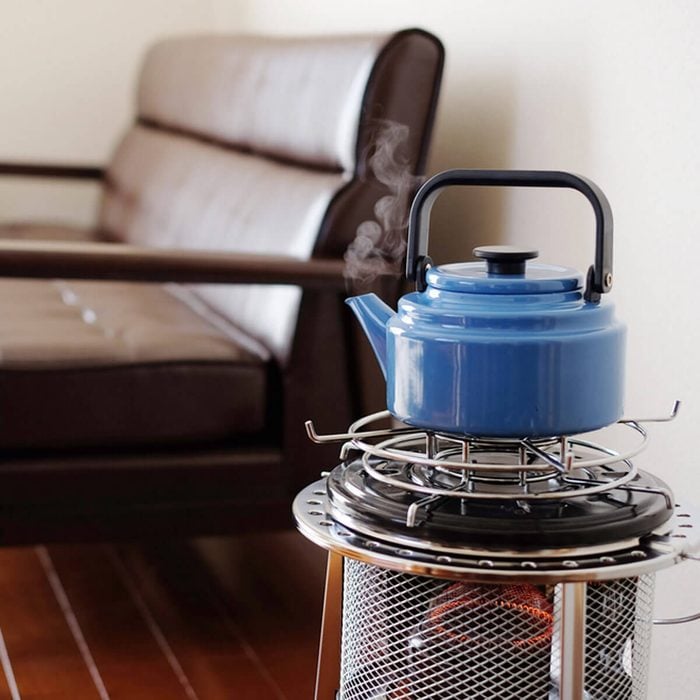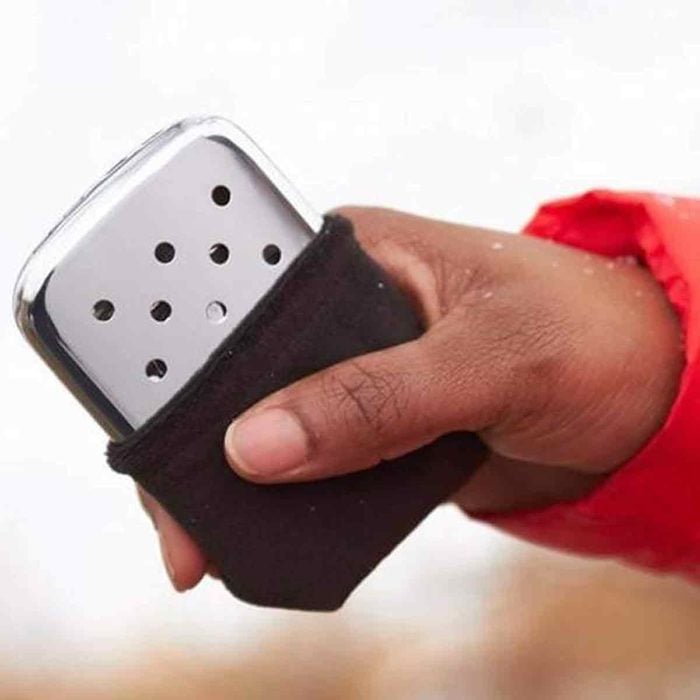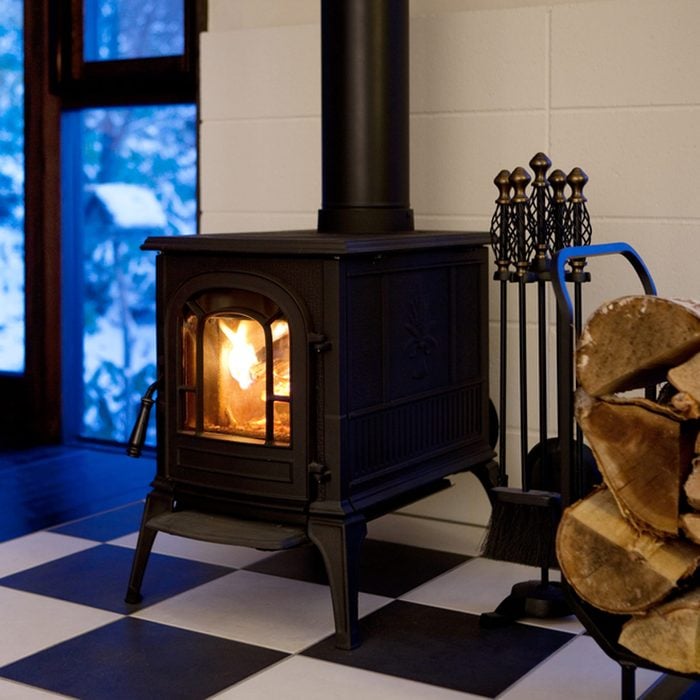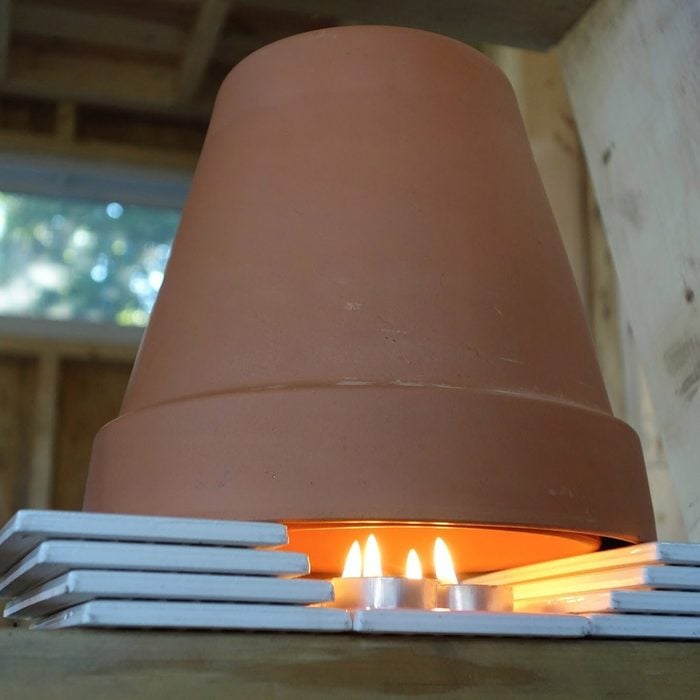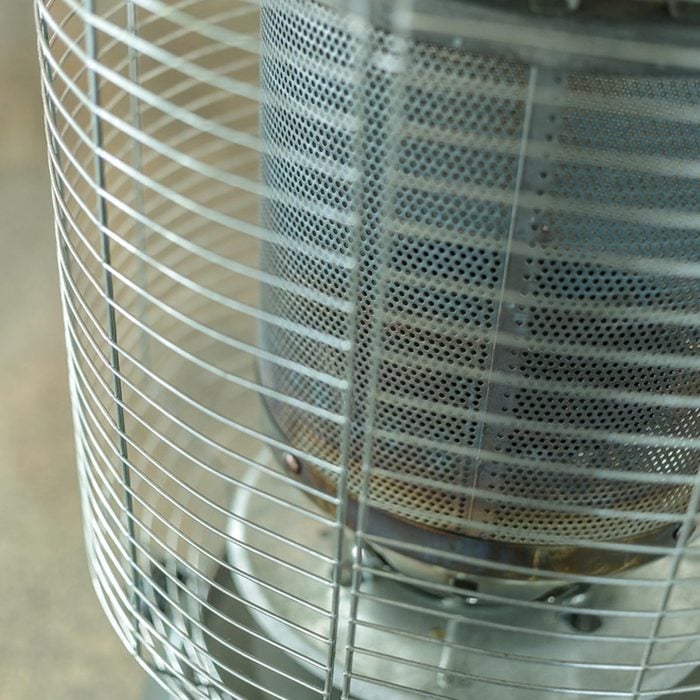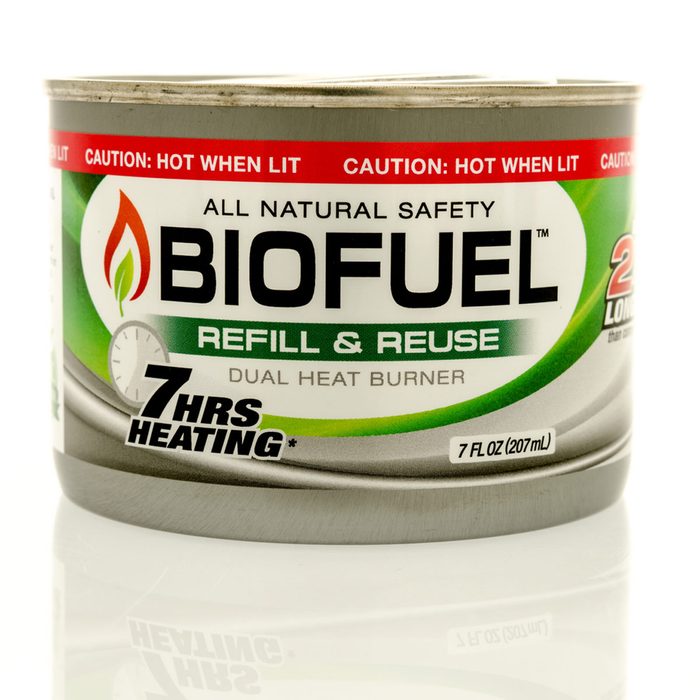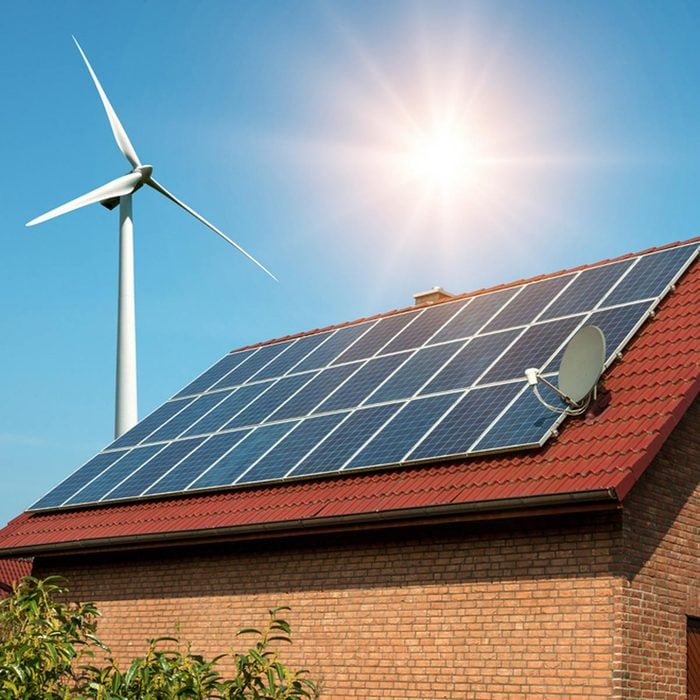If your electricity is out for a while in the colder months, you need a safe, reliable way to heat your home. Here are some of the best and safest alternative ways to heat your house.
Our editors and experts handpick every product we feature. We may earn a commission from your purchases.Learn more.
